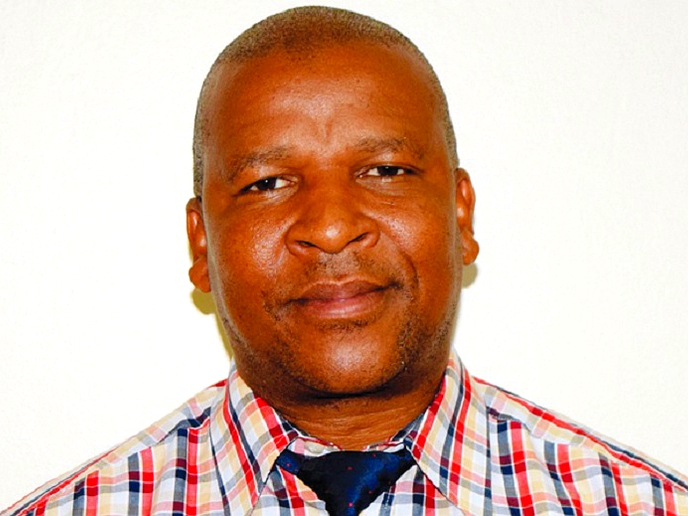THE Minister of Health Motlatsi Maqelepo says trends in key health indicators have been deteriorating for the last two decades whilst the budget allocations to the ministry of health have been consistently increasing.
health
Dec. 14, 2020
LINEO MABEKEBEKE
2 min read
Provision of health services depends on proper functioning

Minister of Health Motlatsi Maqelepo
According to a document produced by the ministry, there is a growing consensus that the poor performance of the health sector in Lesotho is a critical issue facing the country, which is a consequence of its political instability.
The document states that along with the Sustainable Development Goals (SDGs) and in terms of the human development indicators, Lesotho’s performance needs to improve significantly if the vision contained in the country’s key planning documents, such as its vision 2020 statement and its National strategic development plan II are to be realised.
Mr Maqelepo said it is for this reason that Prime Minister Dr Moeketsi Majoro’s led coalition government has committed to a three-year programme to improve accountability within the public sector.
He noted that the need to improve the health sector performance has long been recognised, adding that the ministry has over the years undertaken a number of research studies to understand and explain service delivery patterns with a view of informing the ministry’s strategy and programming.
“This research tradition continues although with little success in relation to improving programme outcomes. Generally, all these studies indicate that the provision of health services has over the years declined,” he said. Lesotho faces a disease burden dominated by HIV/AIDS, Tuberculosis (TB) together with other communicable diseases and maternal, new-born and child health diseases, which account for the majority of the disease burden.
As of 2013, HIV/AIDS, TB, diarrhoea, lower respiratory infections, other infectious diseases, and neonatal disorders accounted for 62% of the disease burden across the entire population.
Among children under 5 years, neonatal disorders, infectious diseases, HIV/AIDS and nutritional deficiencies constituted 85% of the disease burden.
Enjoy our daily newsletter from today
Access exclusive newsletters, along with previews of new media releases.
While some key indicators for these diseases have improved, Mr Maqelepo said others have either remained at poor levels or actually worsened in the past 5 years, like the prevalence of HIV, which has increased from 23% in 2009 to 25% in 2014, approximately 1,9 new infection for every 100 people annually.
Since 2009, the disease burden of non-communicable diseases has also increased; hypertension among women has increased from 11% to 19% from 2009 to 2014, while it has remained the same among men at 13%.
Cancers such as cervical cancer, which make up approximately 4% of the mortality rate among women in Lesotho, are becoming increasingly important.
Tailored for you






